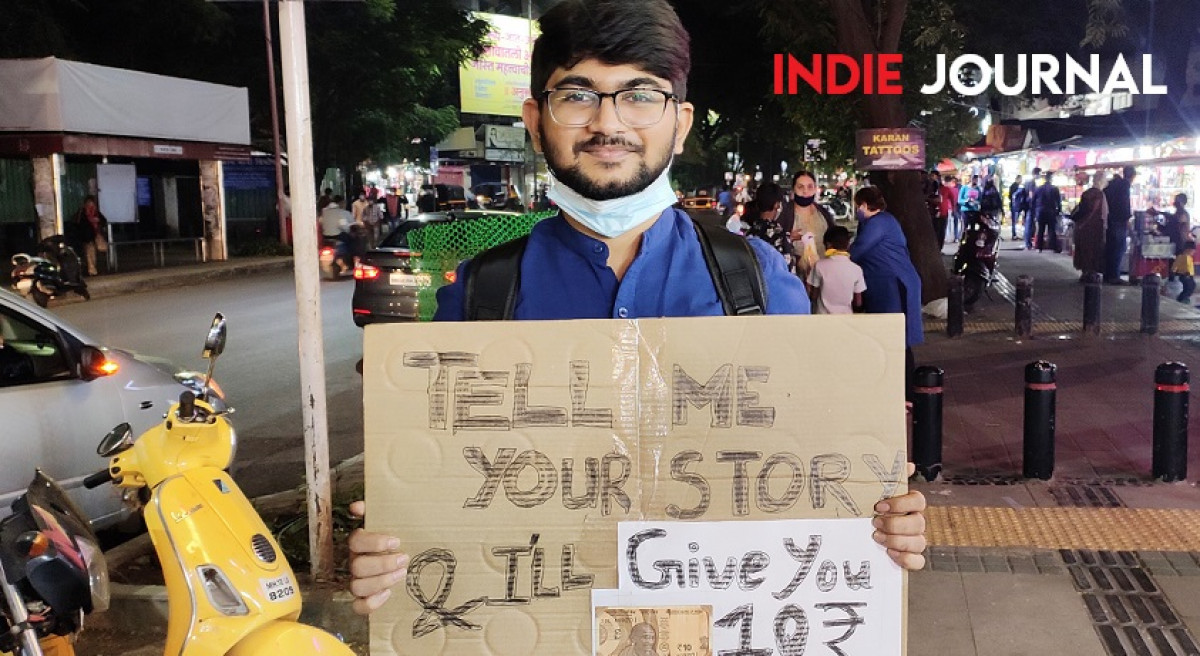India
With PIL filed in Telangana, exploitation in Indian IT sector surfaces again
"White-collar slavery in the name of employment" allege techies who filed PIL

IT companies in India have been part of the 'India Story', creating thousands of jobs under various operational units and processes for multi-national clients. However, various reports and underlying tensions have surfaced time and again, showing that corporates have been implicitly exploiting the employees’ rights for capital gains. Issues with irregularities in terms of payment for overtime, non-payment of salary, notice period, transportation have been reported frequently with no proper resolution from the employer or the state laws.
Recently, three IT employees along with Vijay Gopal, head of Hyderabad based Forum Against Corruption, have filed a Public Interest Litigation (PIL) at the Telangana High Court against renowned IT companies, Telangana State Principal Secretary, and the Labour commissioner regarding the issues faces faced by IT employees. Several leading companies like Cognizant, Caspex Technologies, Genpact, Accenture have been named in the PIL. The techies have appealed in the PIL, that 'white-collared slavery prevailing in the state in the name of employment' should end.
According to the Andhra Pradesh Shops and Establishment Act of 1988, employees cannot be asked to work for more than 48 hours a week and/or 8 hours a day. Overtime too, cannot be imposed for more than 6 hours a week or 24 hours a year. Additionally, every employee is entitled to 15 days of paid leave, 12 days of sick leaves and 12 days of casual leaves a year. However, in 2002, a government order (GO) allowed the companies to bypass six of these laws in hopes of getting more IT firms to set up their business in Hyderabad. While the GO is still active on extension, techies have pleaded to change this exception.
Steve has been working with Cognizant in Hyderabad for a few months now and has faced multiple issues with the overtime hours. “I don’t mind working overtime; it just means I get to earn extra. However, there have been multiple instances when the manager approached me an hour before logout and informed me I have to work overtime. Employers are required to notify us about the overtime, an adequate time prior to the logout,” he said. He further added his payslip hasn’t included the salary for three of his overtime hours.
IT company employees use their ID card to swipe every time they enter or exit the office building. Additionally, employees are required to log in to their systems with their user ID and password and record the time they started and ended work for the day on a dedicated web portal. This helps in determining the hours they have worked for any particular day. Several employees have sought the ‘timestamp’ portal and ID swipe to prove they have worked overtime, but haven’t received much help from the administration. “We worked overtime for 5 days in December last year. As there was no mention of this OT in our payslip, we escalated the issue with proofs of our timestamps. The administration and HR said they shall look into it, but we have only received a constant exchange of pointless e-mails. Nevertheless, we continue working overtime as and when demanded because we don’t have any other option,” says Altaf, an employee at Cognizant in Hyderabad.
While the companies are flexible if employees show up late for work, they lack the same lenient attitude when it comes to granting leaves. As per law, employees should notify about a sick leave six to nine hours prior to the shift and the employer can only request, not force, the employee to still come and work. Vishwas Dorle, an employee at Cognizant in Hyderabad says, “Even after notifying the managers on time about sick leaves, they have forced us to come to the office. We have been sick and still worked in the air-conditioned office for eight hours straight. And all of this because the managers shouldn’t be embarrassed by their seniors during meetings for their team’s low attendance. We are being exploited because we’re at the bottom of this corporate food chain.”
Evidently, sick leaves aren’t the only problem. Arunitha Banerjee, former team lead at a leading IT company had applied for a 10-day leave, four months prior to her sister’s wedding. Few days before her leave was to begin, her manager asked her to stay back as it was going to be a busy week and her subordinates could use her help. “After I denied staying back and returned from the leave, I was informed by the HR that my salary will be deducted for 10 days as I did not comply with the managerial and corporate demands. I left the job soon after,” Banerjee said.
Kevin is a former customer service associate at Amazon in Hyderabad who felt he wasn’t being treated with general respect and consideration as an employee and hence left the job. “I was hired to work for e-mail customer service, which pays less money than phone customer service. During the sale period in Diwali, I was shifted to phones for a month with barely any prior training. I was swamped with back to back calls from customers and it affected my performance bonus largely. Though we were promised to be paid as per the phones’ salary, I never really received it. Nor was I compensated for my performance bonus. They just exploited us and ignored our complaints,” he informed.
According to Maharashtra Shops and Establishment Act, 2017, employees can work for 9 hours a day and 48 hours a week. “But they get confused it seems because, during an influx period, we work overtime for one hour every day in a week which exceeds the permitted time. And it’s so casual, employees don’t even suspect it’s against the law,” says Niyati Ojha, an employee of Tech Mahindra in Pune. Under both state laws, employers are expected to provide proper transportation facilities for night shift workers. But for Kanika Punjabi, transportation has always been a problem as she works in Kharadi but lives in Nanded. “After working 10 hours a day, I am informed that a cab hasn’t been scheduled yet and I’ll have to wait a while longer. This has been happening frequently and no amount of complaints have helped with a resolution,” she says. As per the law, a woman cannot be forced to take a night shift if there’s no proper transport available. For Kanika, she was coerced into taking the night shift as there was no female manager for the shift, which would have stopped other female employees form working at night too. Rohit Singh, another IT employee says, “When we are informed of a last-minute OT, our names are often missed out from the overtime employee transportation list. Not only do we have to wait for cabs, but we are frequently deprived of the transport/cab allowance we are entitled to.”
Though the Human Resource department of every IT company explicitly claim they fight for the employees, their actions prove to be extremely self-contradictory. Ameya Karandikar, corporate expert says, “Priorities of HR largely include preventing the company’s image from being tarnished and averting the company’s economic growth from being stunted. Yes, it does comply with laws; but at a point, retaining employees isn’t as important as exploiting them for short term. Hence when an issue is escalated with the HR, it can’t go against the entire organisation just for one employee. Most of these issues are brushed off immediately or exaggerated long enough to lose the attention of the employee.” According to Karandikar, these problems are more common in India as compared to the UK and USA.
“Owing to dearth of IT hubs in India, we needed them here to develop our economy, so we bribed the corporates by being flexible with our laws. Unlike the UK and USA, the corporate sector here took advantage of the unemployment problem. The government wasn’t prepared for any repercussions of any extreme measures taken by these corporates. Thus, the employees in the lowest strata of corporate food chains suffer.” While the Telangana court has accepted the PIL filed by the techies, it has asked the mentioned companies to respond within four weeks. It has also sent a notice to the Telangana government ensuring the companies are compelled to respond. The PIL aims to change the current GO as employee rights have been constantly violated under the façade of corporate needs and demands.





